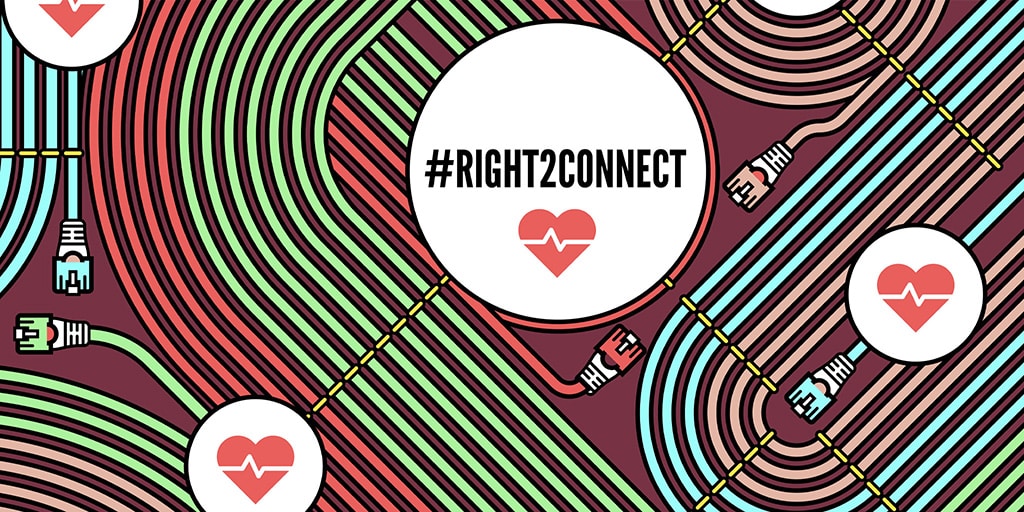Today, Access Now and Free Press filed reply comments with the U.S. Federal Communications Commission (FCC) urging strong and rapid implementation of the Emergency Broadband Benefit (EBB) program that Congress established in the pandemic-relief package passed in late December.
The EBB program offers a monthly benefit of up to $50 to low-income families and others who are financially impacted by the COVID-19 emergency. The benefit would help cover the cost of any broadband plan offered by participating internet providers. For a low-cost plan, this benefit could offset the entire price charged to a customer, or offer a significant discount on a higher-tier internet-service offering.
“There is widespread support for an easily accessible EBB program that meets the needs of communities, especially communities of color,” said Eric Null, U.S. Policy Manager at Access Now. “With final rules due next week, the clock is ticking for the FCC to get the benefit out to real people. A year into the pandemic, those experiencing hardship will finally worry less about how they can afford broadband.”
Congress directed the FCC to implement the EBB program quickly, and within 60 days of the law’s passage. Access Now and Free Press are urging the FCC to ensure its implementation promotes broad eligibility, ease of use, and public transparency. The two organizations are also calling on the agency to reject misguided industry proposals to limit internet-user choice.
“The success of the EBB program rests on the FCC’s ability to center the needs of eligible households by lowering barriers to entry and protecting against discriminatory or increased pricing,” said Dana Floberg, Policy Manager at Free Press. “The vast majority of comments to the agency recognize this reality and urge the FCC to ensure that all eligible families have the maximum number of choices available to them when deciding how to best use their benefits. The agency must act with the interests of marginalized communities in mind by affirming a broad understanding of household eligibility, as well as a broad definition of the costs the benefit can cover. Getting this done now will give families the support they desperately need to cross the digital divide and better face the challenges of this ongoing national emergency.”
